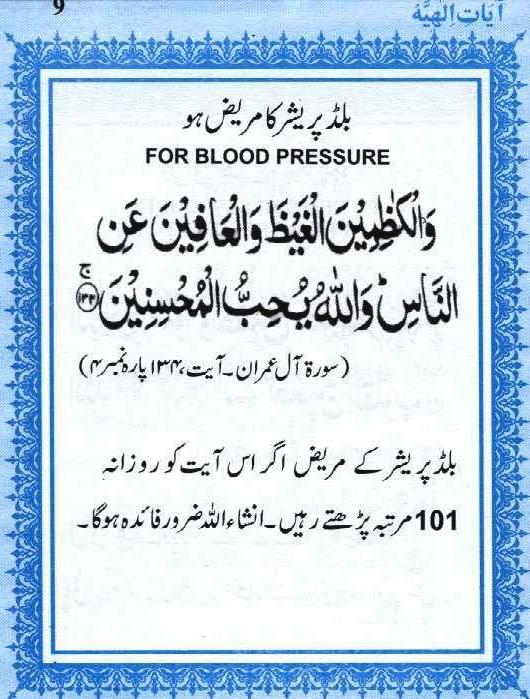What is Halal?
Halal is an Arabic word meaning lawful or permitted. In reference to food, it is the dietary standard, as prescribed in the Qur’an (the Muslim scripture). The opposite of halal is Haram, which means unlawful or prohibited. Halal and Haram are universal terms that apply to all facets of life. These terms are commonly used in relation to food products, meat products, cosmetics, personal care products, pharmaceuticals, food ingredients, and food contact materials. While many things are clearly halal or Haram, there are some things which are not clear. Further information is needed to categories them as Halal or Haram. Such items are often referred to as mashbooh, which means doubtful or questionable.
Halal/Haram
Foods containing ingredients such as gelatin, enzymes, emulsifiers, and flavours are questionable, because the origin of these ingredients is not known. In the meat and poultry food industry, animals such as cows, veal, lamb, sheep, goats, turkeys, chickens, ducks, game birds, bison, venison, etc, are considered halal, but they must be prepared according to Islamic laws in order for their meat to be suitable for consumption (see below). Fish and seafood (with the exception of crocodiles, alligators and frogs) are generally acceptable for Muslims but as always check first, as there may be a personal dietary preference or allergy. The preparation of the fish or seafood should not include alcohol (ie batter or wine, or anything considered haram). In cases of necessity, prohibited things may become permissible (halal) for the duration of the emergency or need, as Islam puts a priority on life over death. Refer to Qur’an at Chapter 2:173 (Al Baqarah).
Muslim Slaughter procedure
Muslims are only allowed to eat meat that has been prepared according to Islamic law. This method is often challenged by animal rights activists as ‘causing unnecessary suffering to the animal’. Muslims disagree and say that Islamic law on killing animals is designed to reduce the pain and distress that the animal suffers. The strict rules with regards to Islamic slaughter.
The slaughterer must be a sane adult Muslim.
The slaughterer must say the name of Allah before making the cut.
The name of Allah is said in order to emphasize the sanctity of life and that the animal is being killed for food with Allah consent.
The animal must be killed by cutting the throat with one continuous motion of a sharp knife.
The cut must sever at least three of the trachea, oesophagus, and the two blood vessels on either side of the throat.
The spinal cord must not be cut.
Animals must be well treated before being killed.
Animals must not see other animals being killed.
The knife must not be sharpened in the animal’s presence.
The knife blade must be free of blemishes that might tear the wound.
The animal must not be in an uncomfortable position.
The animal must be allowed to bleed out and be completely dead before further processing.
Some experts say that the animal killed in this way does not suffer if the cut is made quickly and cleanly, because it loses consciousness before the brain can perceive any pain: “the Islamic way of slaughtering is the most humane method of slaughter and that captive bolt stunning, practiced in the West, causes 3 severe pain to the animal” Schulze W, Schultze-Petzold H, Hazem AS, Gross R. Experiments for the objectification of pain and consciousness during conventional (captive bolt stunning) and religiously mandated (“ritual cutting”) slaughter procedures for sheep and calves. Deutsche Tierärztliche Wochenschrift 1978 Feb 5;85(2):62-6. The argument that halal slaughter is inhumane because animals are allowed to bleed to death is scientifically untrue. An animal’s throat is cut in one swift motion with a razor sharp knife. Unconsciousness is achieved within seconds and death occurs due to cerebral hypoxia not blood loss.
Conclusion
Islam is not only a religion it is a way of life with protocols, rules and manners governing every facet of life. Since food is an important part of daily life, food laws carry a special significance. Muslims are expected to eat for survival, to maintain good health and not to live for eating. In Islam, eating is considered to be a matter of worship of God like prayer, fasting, alms-giving and other religious activities.






1 Comments
Masha Allah nice blog
ReplyDeleteThanks for Reading, May Allah Bless you and Grant you Jannah, Aameen!!